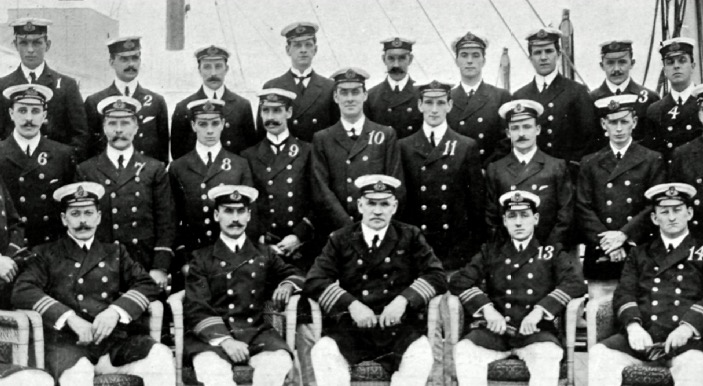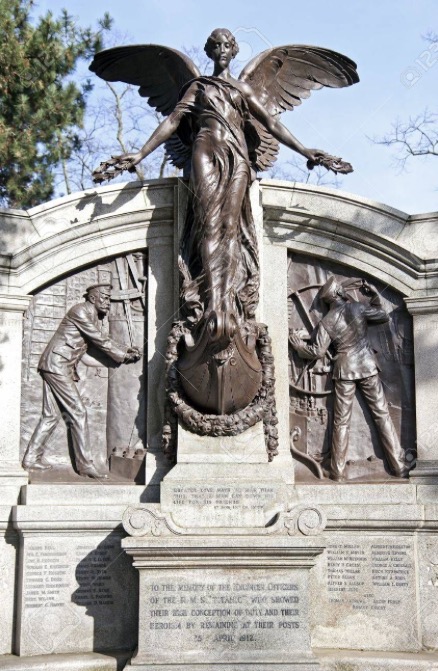In a recent National Geographic documentary on the ill-fated R.M.S.Titanic, it is suggested that there is a new leadership lesson to be learned from that tragic April night in 1912.
The documentary concludes that Titanic’s Chief Engineer, Joseph Bell, made a set of fateful decisions that would positively impact the lives of the thousands of passengers aboard Titanic. Those decisions would also impact hundreds of rank and file engineering crew members, while ultimately being fatal for him and his leadership team of 35 Engineering Officers.
Chief Bell decided that during the frantic effort to abandon ship, it was his responsibility as Chief Engineer to ensure continued power and lighting was available to facilitate emergency wireless communications and continued safe evacuation of all passengers. He made two key decisions that provide the lesson.
First, he released from duty, the several hundred engineering workers who were responsible for keeping the boilers and engines on-line, producing steam and power. These firemen and trimmers, who worked in the lowest spaces on the ship, were then free to leave their assigned duty stations and attempt to save themselves.
 The second decision he made proved to be one of his last. He ordered all Engineering Officers to join him keeping the boilers hot and the engines running. Those engineers, along with a few volunteers, managed to keep the lights on, and allowed wireless communications to continue. All this took place while the ship was slowly slipping under the surface of the Atlantic. The boiler rooms were eventually flooded, cutting power and lights, followed by the loss of every member of the engineering leadership team aboard Titanic.
The second decision he made proved to be one of his last. He ordered all Engineering Officers to join him keeping the boilers hot and the engines running. Those engineers, along with a few volunteers, managed to keep the lights on, and allowed wireless communications to continue. All this took place while the ship was slowly slipping under the surface of the Atlantic. The boiler rooms were eventually flooded, cutting power and lights, followed by the loss of every member of the engineering leadership team aboard Titanic.
In the subsequent investigation into the loss of Titanic, the British Wreck Commissioner’s Inquiry acknowledged the crew’s efforts during the emergency. Bell’s leadership and the engineering team’s actions have been widely recognized as heroic, contributing significantly to the survival of many passengers.

In recognition of their sacrifice, memorials have been erected, including the Titanic Engineers’ Memorial in Southampton and a plaque in St. Faith’s Church, Liverpool, honoring Bell and his team.
What can a 21st century leader learn from the actions of Chief Bell? It probably depends on your personal definition of leadership. It probably also depends on the expectations you have of leaders in your life. Would you expect your leader to have such a profound sense of responsibility and accountability?
Some will say that Chief Bell’s behavior, though heroic, was from another time, another century and thus outdated and obsolete. Others will say steadfastly that his behavior was a prime example of what leaders throughout history are made of, and are supposed to do, even today.
How important are courage, dedication to duty, selflessness and valor as characteristics for modern leaders? In a world that makes it increasingly difficult to separate truth from fiction, it could all depend on how you relate to the idea of true leadership.
Ready to advance your leadership?
We’d love to hear from you to see how we can help you become the most effective leader you can be.





